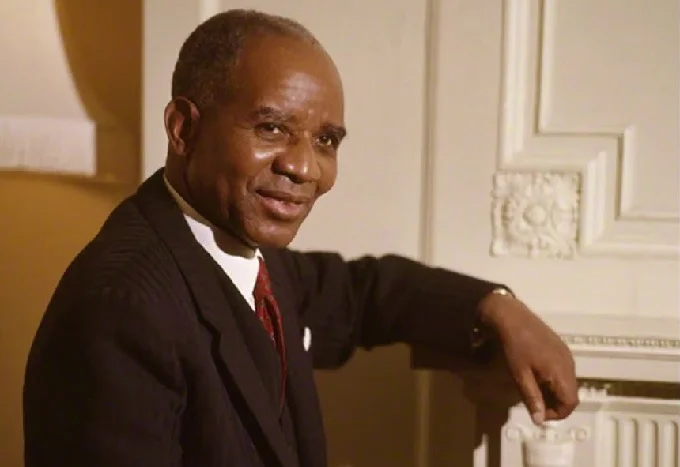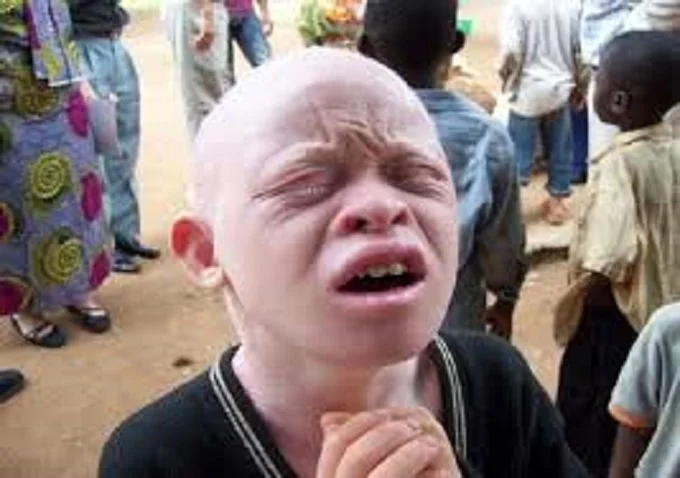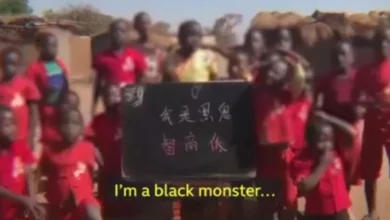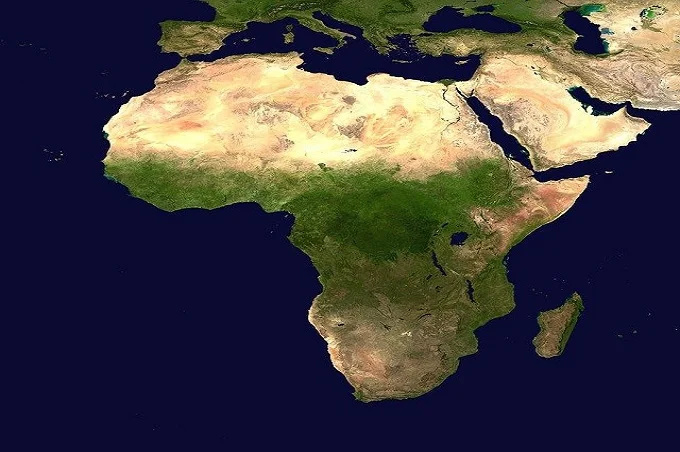Do you remember 1971 when Hastings Banda proclaims himself life president of Malawi?

Longing to remain longest in power from some African heads of states has been a tactic of decades, not mentioning Yoweri Museveni, Paul Biya et al. what of late Hastings Banda, who proclaims himself life president of Malawi in 1971?
After independence, the process of building a solid democratic government failed in many of the new African states. Many coups across the continent marked the 1970s in Africa. In Malawi, one of these occurred where Hastings Banda once took power proclaimed himself president for life in 1971.
The first explorers to reach Lake Malawi and draw it on maps were the Portuguese, who from 1500 began to visit the continent. After the arrival of the Portuguese, the next significant contact with the Western world was with the Scottish explorer David Livingstone in 1859.
In 1891, the area was definitively conquered by the British, who, two years later, founded the British Central African Protectorate; which, from 1907, took the name of Nyasaland. Under the colonial regime, roads and railways were built, and European settlers introduced profitable crops.
On the other hand, however, the colonial administration did little to improve the welfare of the African majority due to its commitment to protecting the economic interests of European settlers. Furthermore, in 1953, the colonial government decided to unite the colonies of Southern Rhodesia, Northern Rhodesia, and Nyasaland into the Federation of Rhodesia and Nyasaland, despite bitter opposition from their African inhabitants.
The colonizers’ decision to create the Federation was feared by the African population because it represented an attempt to extend colonial power. This facilitated the rise of a nationalist movement, the Nyasaland African Congress (NAC), born in the interwar period with the aim of claiming the rights of the African population and the independence of Nyasaland. The movement regained momentum in the early 1950s, with the birth of the Federation.
The beginning of Banda’s political career
The full force of nationalism as an engine for independence claims became evident after 1958, when the leadership of the NAC was entrusted to Hastings Kamuzu Banda, who returned to the country that year after having been abroad to study and practice medicine.
For his opposition to the Federation, Banda was arrested and released in April 1960; a few months later, he participated in the first negotiations with the British government
The NAC won the general election, held in August 1961. Banda served as Minister of Natural Resources and Local Government between 1961 and 1963, when the Federation was finally dissolved, and became Prime Minister; a position he held even when Nyasaland gained independence, in 1964, with the name of Malawi.
The amendment of the Constitution of Malawi in 1966 established a one-party state under the leadership of the Malawi Congress Party (MCP) born from the dissolution of the NAC and led by Banda, which constantly suppressed any internal as well as external opposition.
In 1970, Hastings Banda was declared a life leader of the MCP and, in 1971, he consolidated his power by appointing himself as life president of Malawi itself. The paramilitary wing of the MCP, the Young Pioneers, helped maintain the one-party system until the 1990s.
Banda, a president for life
Loyalty to Banda was imposed on all levels. Each commercial building had to have an official image of the president hanging on the wall. Theaters, cinemas, radio stations, and newspapers were controlled by a propaganda office headed by the president.
Many ethnic and religious communities were persecuted. Members of some religious groups, such as Jehovah’s Witnesses, were forced to leave the country. All citizens of Malawi of Indian origin, historically accustomed to trading in the area and therefore richer than citizens of African descent had to leave their homes and businesses and move to ghettos in larger cities, such as Lilongwe and Blantyre.
Criticizing the president was strictly prohibited. Those who did were often deported or imprisoned. The Young Pioneers became a kind of secret police that encouraged people to spy on and report each other, creating a climate of mutual suspicion. Books and poets critical of the government, such as Jack Mapanje, were banned. More than two hundred and fifty thousand people were put in prison, many of whom never saw freedom again.
Banda and his government were criticized for human rights violations by Human Rights Watch and Amnesty International. After leaving the presidency, Banda, in 1995, was arrested and charged with the murder of former Cabinet colleagues ten years earlier. However, he was acquitted for lack of evidence.
The West liked his politics. He kept the descendants of European settlers in senior positions in public administration and the army. Unlike some of his neighbors, Banda was anti-Communist, which made him particularly dear to the United States.
During his rule, Banda was one of the very few postcolonial African leaders to maintain diplomatic relations with apartheid-era South Africa, which cost Malawi its isolation in the African context. Economic issues drove support for South African apartheid policies: South Africa was the financier of many of Banda’s projects, such as the construction of the new capital Lilongwe.
In the early 1990s, widespread internal protests against one-partyism forced Banda to legalize the other political parties. He was defeated in the country’s first multi-party presidential election, held in 1994, and in 1996 he abandoned the leadership of the MCP. He died in Johannesburg in 1997.




